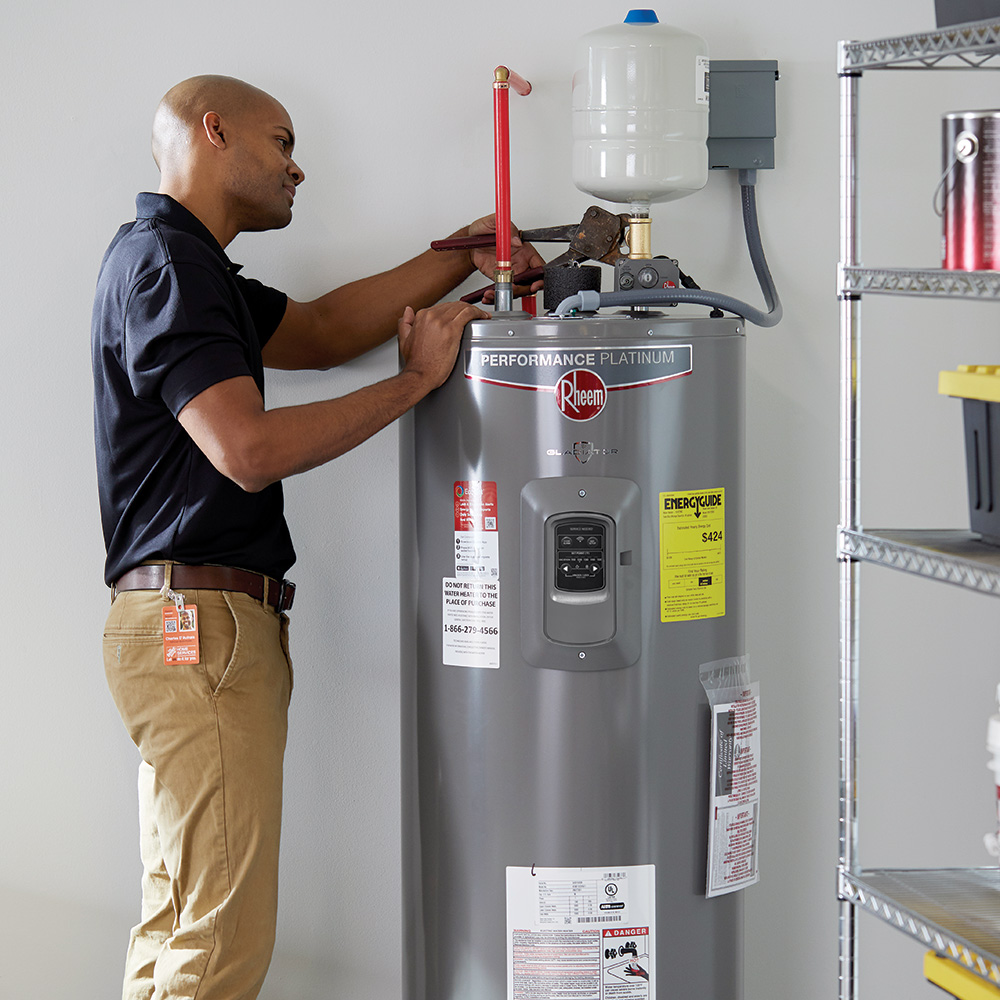Everyone has his or her own piece of advice about Water Heaters Problems.

Visualize starting your day without your routine warm shower. That currently sets a poor tone for the remainder of your day.
Every residence requires a reliable water heater, but only a few know how to manage one. One very easy method to keep your water heater in leading shape is to check for mistakes regularly and also fix them as soon as they show up.
Remember to switch off your water heater prior to sniffing about for faults. These are the hot water heater faults you are more than likely to come across.
Water also hot or also cold
Every hot water heater has a thermostat that determines exactly how warm the water gets. If the water entering your house is too warm in spite of establishing a convenient maximum temperature level, your thermostat could be faulty.
On the other hand, too cold water may be because of a fallen short thermostat, a broken circuit, or improper gas flow. For example, if you use a gas water heater with a broken pilot light, you would get cold water, even if the thermostat is in ideal problem. For electric heating systems, a blown fuse may be the wrongdoer.
Inadequate hot water
Hot water heater been available in several sizes, relying on your hot water demands. If you lack hot water before everybody has actually had a bath, your water heater is too small for your family size. You need to consider mounting a bigger hot water heater storage tank or choosing a tankless water heater, which takes up much less room as well as is more resilient.
Weird sounds
There go to least five sort of noises you can hear from a water heater, however one of the most common interpretation is that it's time for the hot water heater to retire.
First of all, you should be familiar with the normal seems a water heater makes. An electrical heating system might appear different from a gas-powered one.
Popping or banging audios generally indicate there is a slab of sediment in your tanks, and also it's time to cleanse it out. On the other hand, whistling or hissing audios might simply be your shutoffs allowing some pressure off.
Water leakages
Leaks could originate from pipes, water links, valves, or in the worst-case scenario, the storage tank itself. In time, water will certainly rust the container, as well as locate its way out. If this takes place, you need to change your water heater asap.
However, before your modification your entire container, be sure that all pipelines are in location which each shutoff works completely. If you still need aid recognizing a leak, call your plumber.
Rust-colored water
Rust-colored water indicates among your hot water heater elements is corroded. It could be the anode rod, or the container itself. Your plumber will certainly be able to determine which it is.
Lukewarm water
Regardless of how high you established the thermostat, you won't get any type of warm water out of a heating system well past its prime. A hot water heater's performance might lower with time.
You will certainly additionally get lukewarm water if your pipelines have a cross link. This suggests that when you activate a faucet, warm water from the heating unit streams in alongside regular, cold water. A cross link is simple to spot. If your hot water taps still follow shutting the hot water heater valves, you have a cross connection.
Discoloured Water
Rust is a significant root cause of dirty or discoloured water. Deterioration within the water storage tank or a failing anode pole could cause this discolouration. The anode pole safeguards the container from rusting on the inside and also need to be examined annual. Without a pole or an effectively working anode pole, the warm water quickly rusts inside the container. Call an expert hot water heater specialist to figure out if changing the anode rod will repair the issue; otherwise, change your hot water heater.
Verdict
Preferably, your hot water heater can last one decade prior to you require an adjustment. Nonetheless, after the 10-year mark, you might experience any one of these faults much more on a regular basis. At this moment, you must add a new hot water heater to your budget plan.
How To Troubleshoot 3 Common Water Heater Problems in Twin Cities
The Water Heater Is Leaking
- A leaky cold water inlet valve
- A loose pipe fitting
- A leaky temperature and pressure relief valve
- A corroded anode rod
- A cracked tank
Turn Off Your Water Heater:
- Shut off your gas water heater by turning the gas valve on the unit to the “OFF” position.
- Shut off your electric water by switching its power off at your electrical panel. Look for a two-pole breaker labeled “water heater” and turn it to the “OFF” position. Move the ball valve connected to the water heater to be perpendicular to the piping at a 90° angle.
Look for the Leak:
Depending on whether the water is coming from the tank's top or bottom, you’ll want to look for the leak in different locations.
If the leak comes from the top of the tank, carefully look for water escaping from the cold water inlet valve or loose pipe fittings. Rusted hot and cold water valves can have loose connections with the tank, with water leaking out of them.
https://mspplumbingheatingair.com/blog/how-to-troubleshoot-3-common-water-heater-problems
Hopefully you liked our post on Water Heater Repair and Troubleshooting. Thanks for taking time to read our blog. Enjoyed reading our write-up? Please share it. Let other people find it. Thanks a lot for your time. Come back soon.
Best decision? Contact.
Comments on “Troubleshooting Regular Heater Malfunctions”